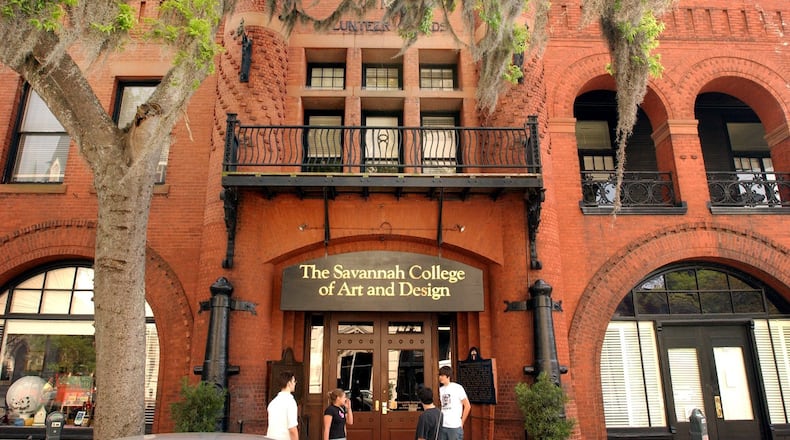A bill scheduled to become law on July 1 would make it tougher for some private colleges and universities in Georgia to finance major construction projects, according to a lawsuit filed last week against Gov. Brian Kemp and Attorney General Chris Carr.
The Private Colleges and Universities Authority, along with Emory and Mercer universities, convinced a Fulton County judge on Friday to grant a temporary restraining order that stops the law from taking effect until further action by the court.
The legislation, House Bill 553, makes changes to several existing laws, repeals and abolishes some agencies, such as the Immigration Enforcement Review Board and the Private Colleges and Universities Authority.
Any assets and liabilities held by the authority would belong to the state on July 1, the legislation says. The lawsuit complaint calls the legislation unconstitutional, in part, because it says the state cannot act in “an issuer role for debt issued to benefit private entities.”
The authority was created in 1978 by the state to issue tax-exempt revenue bonds to finance projects for qualified private colleges and universities in Georgia, the lawsuit complaint says. The authority has facilitated more than 100 transactions for Agnes Scott College, the Savannah College of Art & Design and Emory and Mercer universities totaling $6.3 billion.
Some projects have included academic and research facilities at Emory; the football field, admissions and welcome center on Mercer’s Macon campus and campus facilities on SCAD’s Atlanta and Savannah campuses.
“Without the PCUA, these institutions would be forced to access the capital markets on a taxable basis or through local development authorities, which would result in increased interest cost or transaction costs to these institutions,” the lawsuit complaint says.
Attorneys at the Alston & Bird law firm, which is representing the authority, declined comment. A spokeswoman for the attorney general’s office also declined comment. Both sides said they don’t discuss pending litigation.
About the Author
Keep Reading
The Latest
Featured




